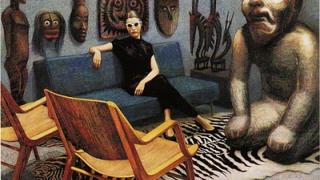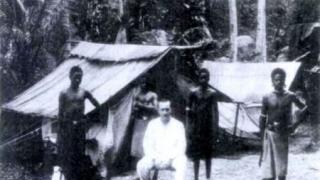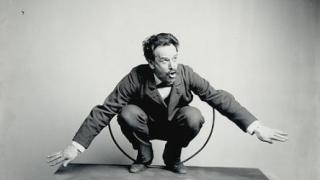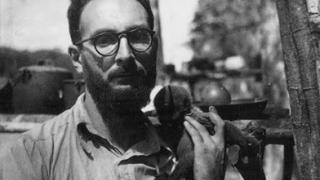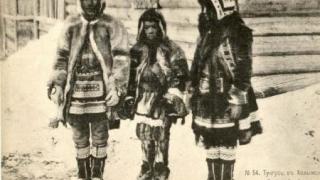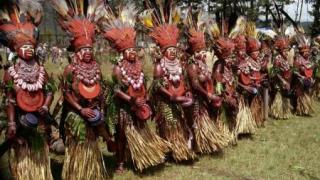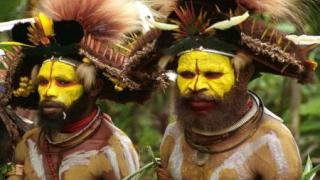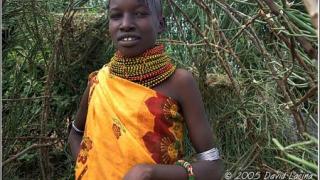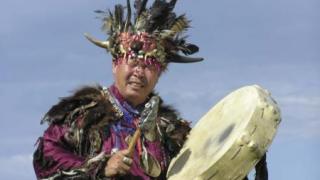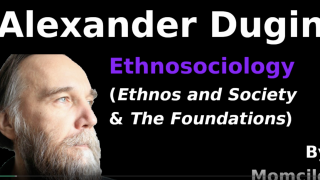Ethnosociology (methods, principles, doctrines)
Ethnosociology is independent field of sociology, based on the analysis of transformation of societies and social systems — from the simplest one (ethnic group) to the most complex (civil society and post-society or post-modern society) rather than the technical application of sociological principles to the study of nationalities and ethnic groups. The first section describes the major sources and schools related to ethnosociology (sociology, anthropology, ethnology, cultural, social and structural anthropology, etc.), both foreign and Russian. The basic terminological apparatus is outlined. Main research paradigms are descrided. The second section discusses the ethnosociological structure types of historical societies, regarded as the different orders of sophistication of the primary (atomic) structure (ethnicity here is taken as koinema). The axial chain of social transformations is described: ethnos-laos-nation (demos) — civil society (idiotes) — post-society. Each link is associated with particular model of identification (collective or/and individual). The third section is devoted to the application of ethnosociological conceptual tools to the analysis of contemporary Russian society and its historical roots. To present full range of the ethnosociological concepts, some of which the author introduces for the first time, is evoked a wide spectrum of knowledge from the different humanitarian fields: philosophy, history, economics, culture, linguistics, anthropology, the comparative religion studies.
Listen to audio
Watch the video
-
Ethnosociology lecture 1. Introduction
-
Ethnosociology Lecture 2. The German school.
-
Ethnosociology. Lecture 3. The American school
-
Ethnosociology. Lecture 4. English School
-
Ethnosociology. Lecture 5. French School
-
Ethnosociology Lecture 6. The Russian school. Part 1. Sergey Shirokogorov
-
Ethnosociology Lecture 7. The Russian school. Part 2. Lev Gumilev
-
Ethnosociology Lecture 8. Ethnostatic
-
Ethnosociology Lecture 9. Structures of ethnos
-
Ethnosociology Lecture 10. Ethnodynamic
-
Ethnosociology Lecture 11. Ethnokinetic
-
Ethnosociology Lecture 12. Laos/People
-
Ethnosociology Lecture 13. Nation: big lie
-
Ethnosociology Lecture 14. Civil society: ethnosociological approach
-
Ethnosociology Lecture 15. Post-society: ethnos in trans-human conditions
-
Alexander Dugin - Ethnosociology Lecture/Explantion (Ethnos and Society)



